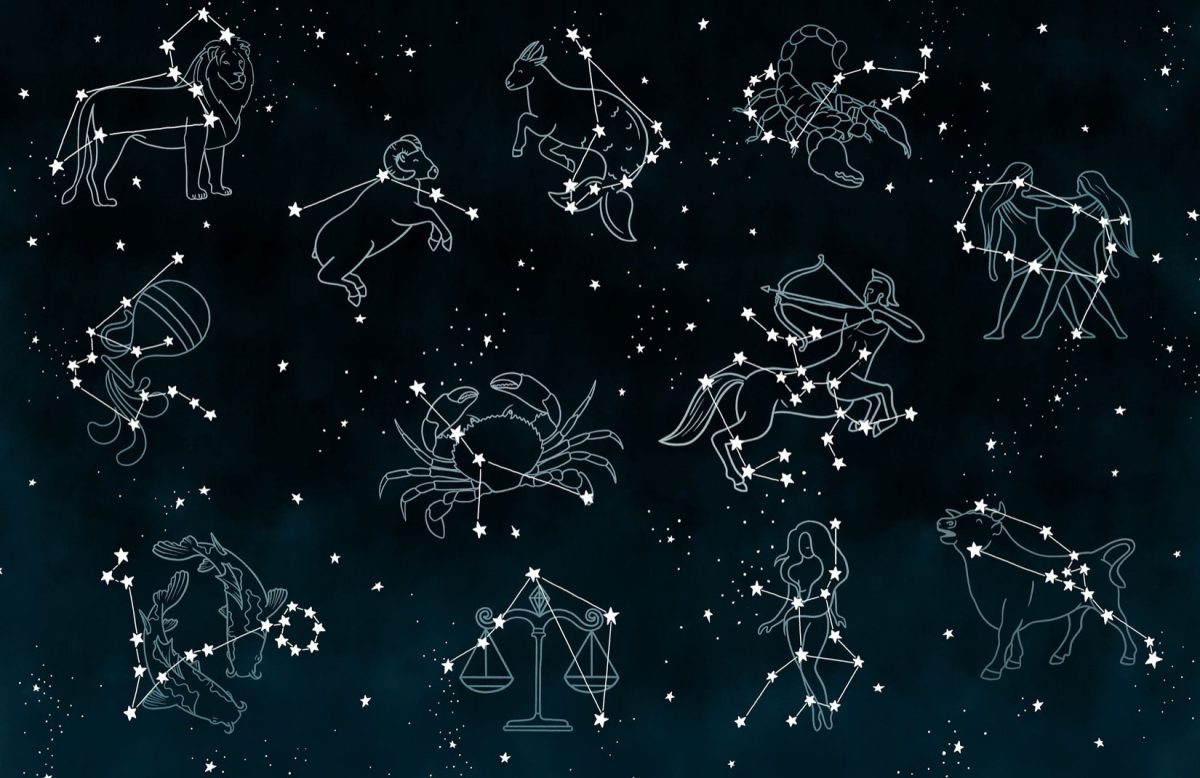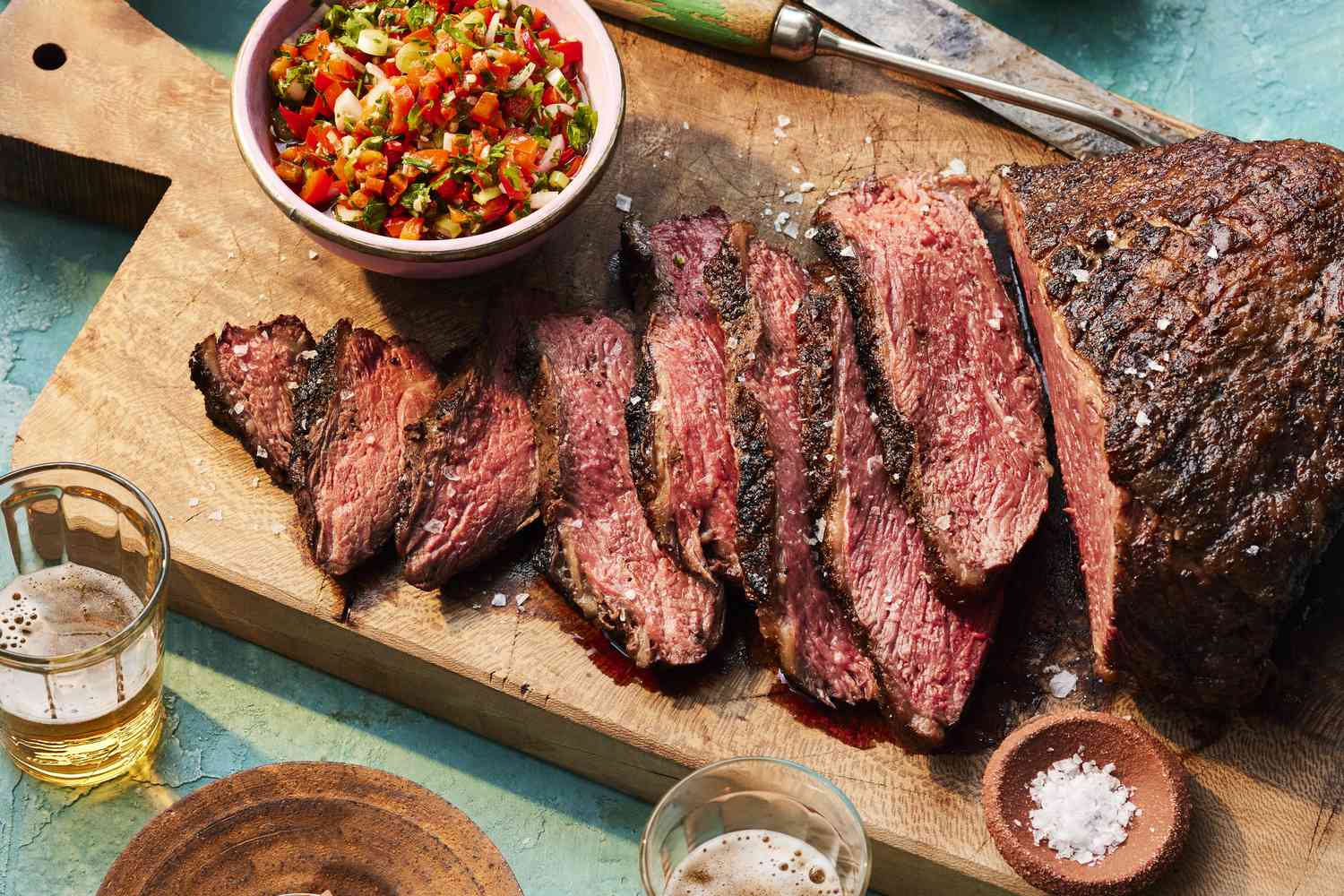Ordering a ribeye steak off the menu is something nearly half of Americans—over 48%—do on a weekly basis. What else do they have in common? Most of them believe they’re loading up on one of the healthiest nutrients available: protein.
Ever since the rise of diet culture and health trends, protein has been hailed as a nutritional powerhouse. Whether you’re an elite athlete or an everyday desk worker, one thing is clear: high protein intake is essential for staying fit, building muscle, and even losing weight. But now, experts are beginning to challenge these long-standing beliefs, revealing the food industry’s role in shaping our views on protein and the truth behind protein’s glossy marketing.
What our bodies truly need isn’t protein itself but the building blocks that make it up—amino acids. Of the twenty amino acids that form proteins, eleven are naturally produced by the human body. The remaining nine, known as essential amino acids, are derived from the food we eat, according to Forks Over Knives. Interestingly, these essential amino acids originate in plants. When we consume meat or dairy, we’re simply getting them secondhand: animals eat plants, absorb the amino acids, and pass them on to us.
Despite this fact, the federal healthcare system has continued to recommend that healthy adults consume about one gram of protein per pound of body weight each day—a guideline that many experts now argue to be excessive. This recommendation was initially designed for individuals with low muscle mass or protein deficiencies. However, it was not designed to be recommended for the general population, which seem to be a growing misconception among many. In reality, overconsumption of meat can have harmful effects. According to Harvard Health, excessive protein intake—especially from red meat—has been linked to a higher risk of kidney stones and cardiovascular disease due to the saturated fats found in animal products.
Another widespread misconception centers on where we get our protein. Many people assume that only meat can provide the necessary amount to maintain a healthy body, but the reality is quite the opposite. According to Forks Over Knives, a diet rich in beans and fresh fruits can supply all the essential amino acids our bodies need. Foods like black beans, kidney beans, pinto beans, almonds, lentils, hemp seeds, spirulina, and quinoa are all excellent protein sources. Even less protein-dense options such as potatoes, sweet potatoes, and bananas can contribute meaningfully to a well-rounded intake.
The belief that eating more protein directly leads to weight loss is yet another myth. The food industry’s marketing—such as labeling protein powders and shakes with buzzwords like “skinny” or “gains”—fuels the misconception that protein alone can sculpt a leaner body. As an article from Muscle and Strength points out, protein supplements are most effective when paired with exercise, where they support muscle growth—not fat loss. And while increased muscle can improve body composition, it can also lead to weight gain. Ultimately, shifting protein intake in isolation won’t significantly alter body weight or composition; it’s the total diet that matters.
In the end, protein isn’t the magic bullet it’s often made out to be. While it plays a vital role in our health, it’s only one part of a much larger nutritional picture. As more research emerges and myths are dismantled, it’s becoming clear that balance, not excess, is the key. Instead of chasing trends or falling for marketing buzzwords, we’d be better off paying attention to our bodies and the scientists working to understand them.














































































































































